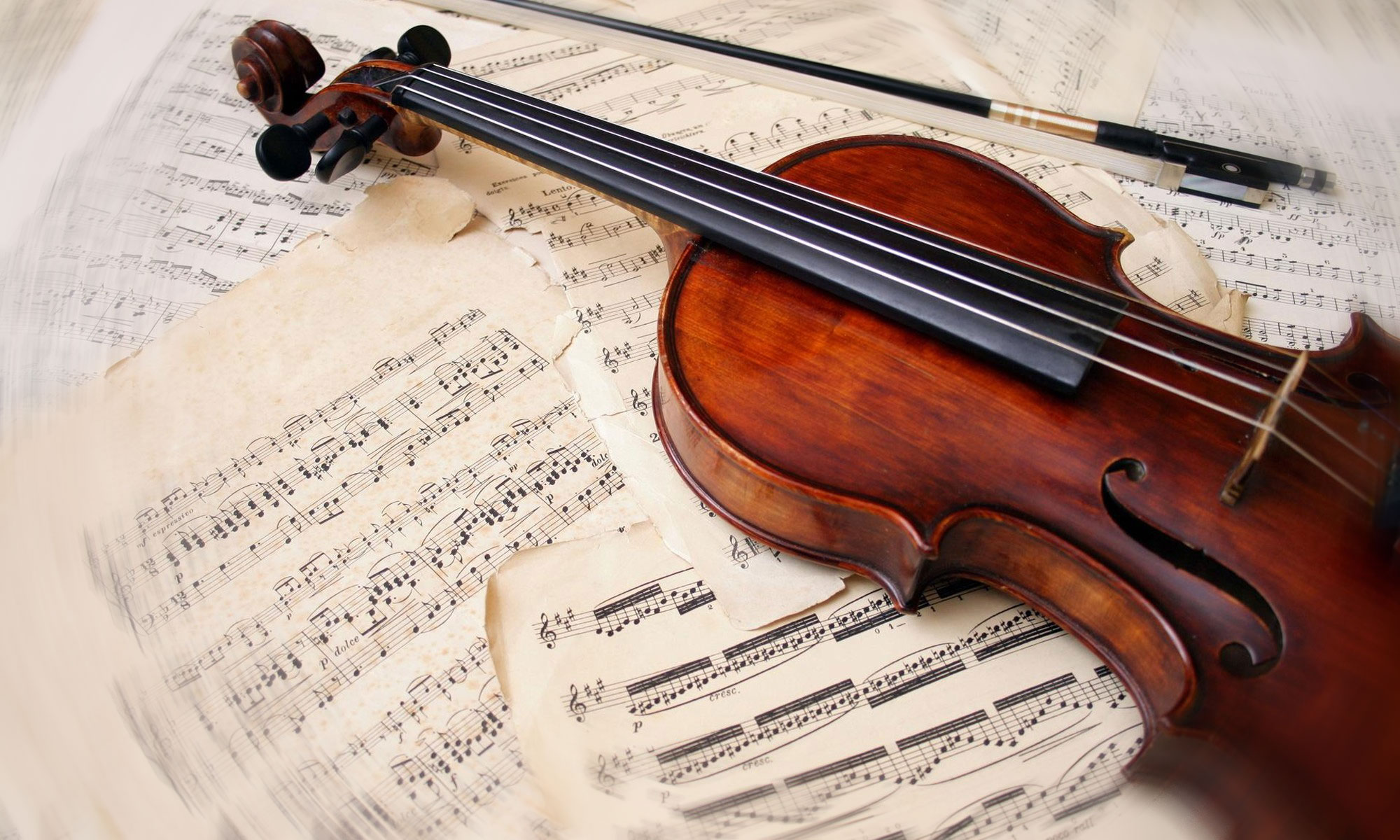Piano With Tabby
We wanted to highlight another local piano instructor whose consistently provided her students with first rate musical training! Tabby Worthington’s studio Piano With Tabby has been voted the best music lessons in Clear Lake three times concurrantly by the Macaroni Kid Gold Daisy Awards. Although focused on piano, Tabby also instructs in guitar and ukulele, an takes advantage of the latest methods and technological tools available (like Rocksmith!) to keep her students excited, and insure years of great musical development and fun.
Tabby Worthington lives in Clear Lake with her husband, Ryan and their 2 children, and has a menagerie of pets. Before she was a music teacher, she worked in technical support and computer repair.
 Beginning with a handful of piano and voice students in 2000, Ms. Tabby has worked for several schools in the greater Clear Lake area, teaching many students of all ages and building a reputation in the community as a compassionate teacher who is patient and adapts her lessons to the needs of each individual student. Over the years, her approach to individualized learning hasn’t changed, but the tools she uses to teach have. She now incorporates technology in new and innovative ways, offering practice assignments in the iPad Piano Maestro app and digital worksheets via Sproutbeat. She teaches using the cutting-edge Piano Pronto method, in which students will master the instrument while playing familiar and engaging melodies from a wide variety of genres.
Beginning with a handful of piano and voice students in 2000, Ms. Tabby has worked for several schools in the greater Clear Lake area, teaching many students of all ages and building a reputation in the community as a compassionate teacher who is patient and adapts her lessons to the needs of each individual student. Over the years, her approach to individualized learning hasn’t changed, but the tools she uses to teach have. She now incorporates technology in new and innovative ways, offering practice assignments in the iPad Piano Maestro app and digital worksheets via Sproutbeat. She teaches using the cutting-edge Piano Pronto method, in which students will master the instrument while playing familiar and engaging melodies from a wide variety of genres.
In 2007, Ms. Tabby graduated from Kindermusik University and became a Licensed Kindermusik Educator, which makes her a special expert on early childhood development through music and movement. Kindermusik is a wonderful program for children from infants to 7 year olds. She is no longer able to offer Kindermusik classes, but still recommends them highly for all children under 7. Visit the Kindermusik website for more information.
Ms. Tabby encourages all students to experience different styles of music instead of focusing on just one. “I believe that having a well-rounded background in all kinds of music makes for better musicians,” she says.


